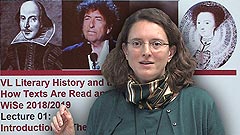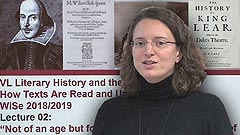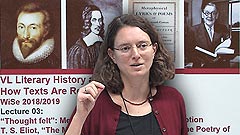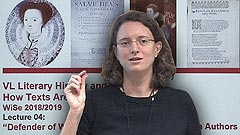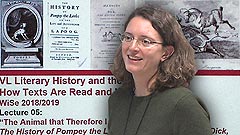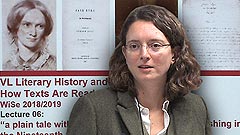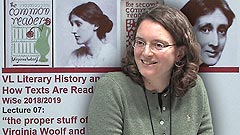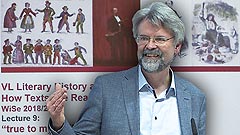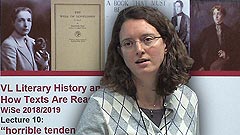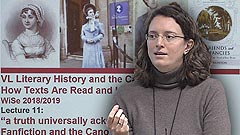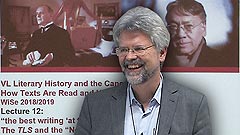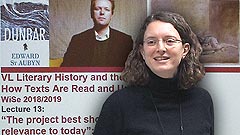| mla clipboard |
Zirker A. "Vorlesung Literary History and the Canon: How Texts Are Read and Understood, 15. und 16. Stunde.", timms video, Universität Tübingen (2018): https://timms.uni-tuebingen.de:443/tp/UT_20181211_001_lithistcan_0001. Accessed 18 Dec 2025. |
| apa clipboard |
Zirker, A. (2018). Vorlesung Literary History and the Canon: How Texts Are Read and Understood, 15. und 16. Stunde. timms video: Universität Tübingen. Retrieved December 18, 2025 from the World Wide Web https://timms.uni-tuebingen.de:443/tp/UT_20181211_001_lithistcan_0001 |
| harvard clipboard |
Zirker, A. (2018). Vorlesung Literary History and the Canon: How Texts Are Read and Understood, 15. und 16. Stunde [Online video]. 11 December. Available at: https://timms.uni-tuebingen.de:443/tp/UT_20181211_001_lithistcan_0001 (Accessed: 18 December 2025). |
| file download | bibtex endnote |
current
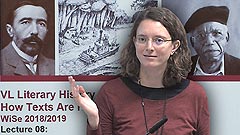
Vorlesung Literary History and the Canon: How Texts Are Read and Understood, 15. und 16. Stunde
(2018-12-11)
Vorlesung Literary History and the Canon: How Texts Are Read and Understood, 1. und 2. Stunde
(2018-10-23)
Vorlesung Literary History and the Canon: How Texts Are Read and Understood, 3. und 4. Stunde
(2018-10-30)
Vorlesung Literary History and the Canon: How Texts Are Read and Understood, 5. und 6. Stunde
(2018-11-06)
Vorlesung Literary History and the Canon: How Texts Are Read and Understood, 7. und 8. Stunde
(2018-11-13)
Vorlesung Literary History and the Canon: How Texts Are Read and Understood, 9. und 10. Stunde
(2018-11-20)
Vorlesung Literary History and the Canon: How Texts Are Read and Understood, 11. und 12. Stunde
(2018-11-27)
Vorlesung Literary History and the Canon: How Texts Are Read and Understood, 13. und 14. Stunde
(2018-12-04)
Vorlesung Literary History and the Canon: How Texts Are Read and Understood, 17. und 18. Stunde
(2018-12-18)
Vorlesung Literary History and the Canon: How Texts Are Read and Understood, 19. und 20. Stunde
(2019-01-08)
Vorlesung Literary History and the Canon: How Texts Are Read and Understood, 21. und 22. Stunde
(2019-01-15)
Vorlesung Literary History and the Canon: How Texts Are Read and Understood, 23. und 24. Stunde
(2019-01-22)

